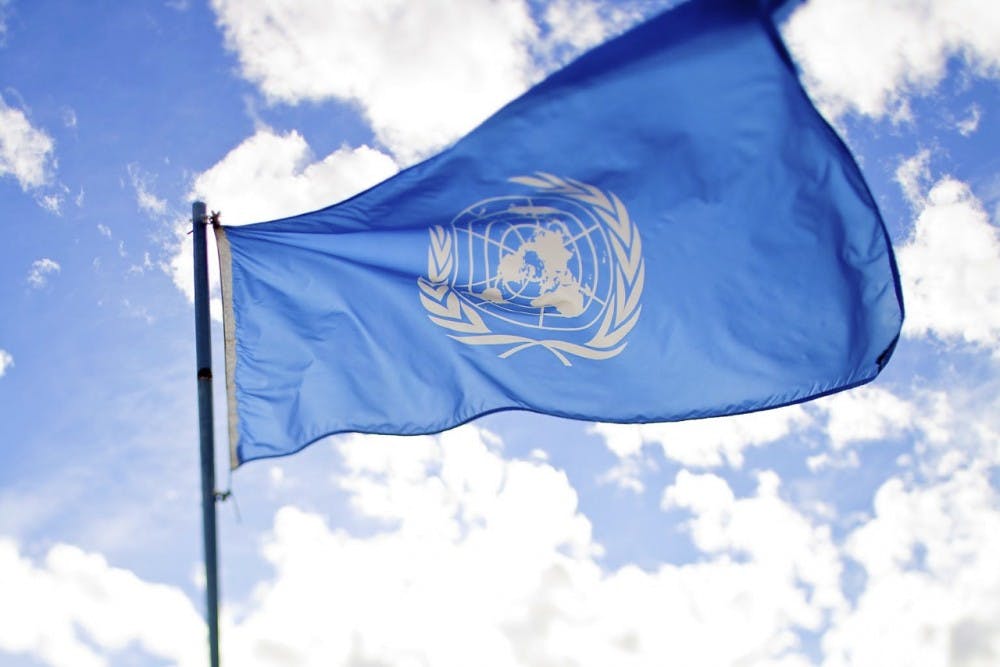The discussions surrounding climate change have been heating up, so to speak. A recent report from United Nations (UN) scientists predicts that current efforts to curb global warming are not enough to prevent climate change from reaching dangerous levels. Only drastic action might be able to prevent a global crisis that may occur as early as 2040.
In 2015, the UN adopted the Paris Agreement, which aims to keep the increase in global average temperature to 1.5 degrees Celsius but set a more realistic goal for two degrees Celsius. Under the Agreement, each country must regularly report its contribution to mitigating climate change beginning in 2020. However, there is no minimum contribution nor any ramifications for failing to meet goals. As part of this Agreement, the UN asked the Intergovernmental Panel on Climate Change (IPCC) to prepare a report about global warming.
The IPCC did not conduct its own research; rather, it sifted through thousands of scientific papers. The committee had three groups. The first dealt with physical processes that affect climate change. Another studied the consequences of change and identified vulnerable areas. The last group sought ways to mitigate climate change. The committee noted where scientists agreed, where they disagreed and where they needed to do further research. The IPCC also had a Task Force on National Greenhouse Gas Inventories that developed ways to measure emissions and removals of greenhouse gases.
The report found that the pledges countries made under the Paris Agreement are not enough to limit climate change to the 1.5 degree mark. In order to meet this goal, carbon dioxide emissions would need to fall about 40 percent by 2030. Additionally, emissions would have to reach “net zero” by 2050, meaning that removal of carbon dioxide from the atmosphere would be equivalent or greater than carbon dioxide emissions. This would rely on technology not yet invented.
The report also found that the consequences of limiting global warming to two degrees were substantially worse than limiting global warming to the 1.5 degree mark. For instance, the global sea level rise will be 10 centimeters higher if global warming reaches two degrees. Additionally, a 1.5 degree increase in global average temperature would see the loss of 70 to 80 percent of coral reefs, while a two degree increase would lead to the loss of more than 99 percent. The report did not comment upon how climate change would impact people, a number estimated to be nearly 70 million.
The IPCC set forth several recommendations to set the Paris Agreement back on track: moving to renewable energy sources, utilizing sustainable agriculture and halting deforestation. They also called for the development of technology to effectively remove carbon dioxide from the atmosphere — technology that does not exist today. The committee’s conclusions are dire; failure to overhaul current attempts could lead to surpassing the 1.5 degree mark as early as 2040.
For some scientists, the outlook is even more dismal; some scientists say the report is far too optimistic. Some claim that the world is far closer to this tipping point than the report indicated, while others say the report downplayed the economic costs of global warming, which could manifest in storm damages and displacement of people due to natural disasters. Others point to political failures.
Hopkins senior Bella Radant, an environmentalist, critiqued the role the U.S. plays in climate change.
“Countries refuse to acknowledge the reality of climate change and therefore refuse to act in accordance with the Paris Agreement,” she said in an interview with The News-Letter.
She pointed to President Trump’s promise to withdraw from the Paris Agreement as one such instance. She also indicated that corporations, rather than individuals, bear the brunt of responsibility in changing habits.
“They’re responsible for the majority of climate change and will continue to pollute as long as we allow them,” she said.
From straw bans to divestment of fossil fuels, the world is starting to take notice and take responsibility for reducing the impact of climate change. Will it be enough, or are we heading towards a climate crisis?





